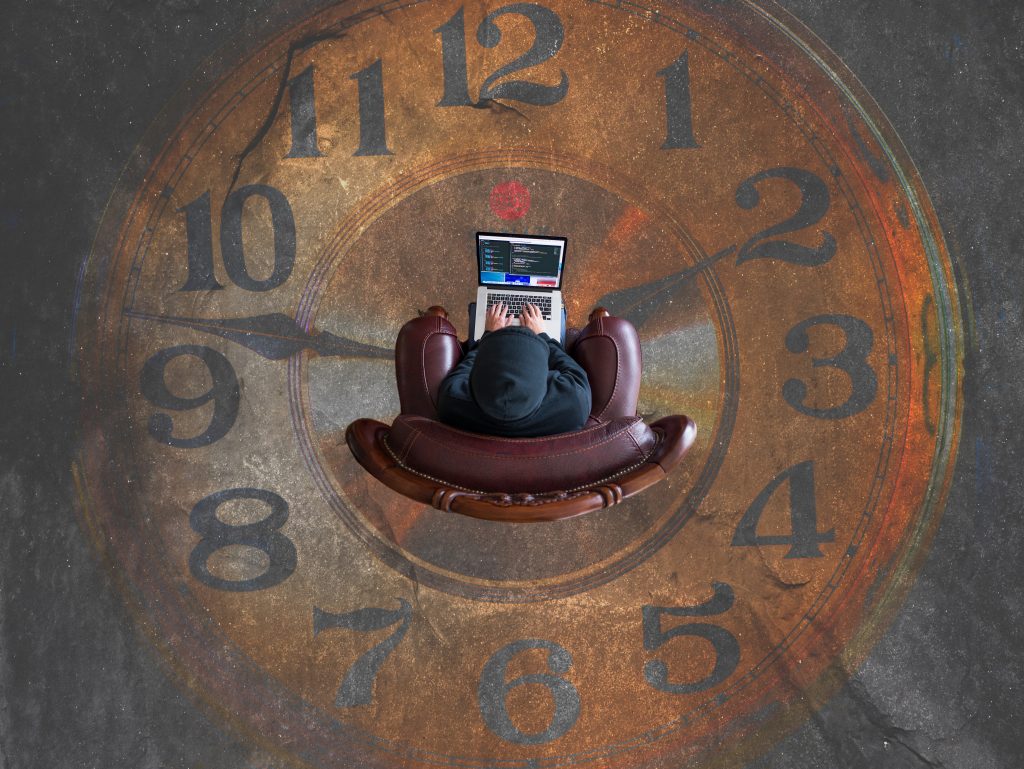This post is also available in Dutch .
Do you find yourself putting off important tasks? Read on to learn more about why we procrastinate.
It’s Sunday evening and you’re experiencing a sinking feeling while reflecting on the weekend’s to-do list: The planned trip to the gym never happened, the kitchen refused to clean itself, and the paper for school remains unwritten. Does this scene feel familiar to you? If so, you, like many others, might have a problem with procrastination.
What is procrastination?
Procrastination refers to the avoidance or delay of a planned task. Researchers have distinguished betweenintentional procrastination and unintentional procrastination. Intentional procrastination occurs when we make a clear decision to put off tasks, like when we decide to go to the movies with friends rather than write a paper. Unintentional procrastination, on the other hand, is involuntary; for example, when we sit down to write a paper and find ourselves 2 hours and 10 YouTube videos later, still without a word written. Although both forms of procrastination can hinder our ability to do important tasks, involuntary procrastination has been associated with more anxiety and negative emotions.
Why do we procrastinate?
If procrastinating makes us feel bad and has a harmful impact on our performance of tasks, why do we do it? This failure of self-control has been studied from many different but related angles, and I will cover just some of them here.
First, our personality affects the likelihood that we will procrastinate. Stereotypical traits of a “procrastinator” may include a lack of motivation, disorganization, and impulsiveness, and indeed these traits do correlate positively with procrastination. On the other hand, many people who procrastinate are highly motivated and care a great deal about the tasks they are delaying. Some studies have found an association between perfectionism and procrastination, and suggest that people with very high standards for their performance may avoid tasks because of a fear of failure. This relationship appears to exist especially for perfectionists who are highly self-critical and worry about the opinions of others. Thus, procrastination may arise from different personality traits.
Second, our emotions and, in particular, our desire to be in a good mood affects procrastination. When facing a challenging task, we often feel negative emotions, such as stress, anxiety, or boredom. One idea is that we use procrastination as a short-term way to repair our mood. Although watching videos on YouTube instead of studying will make us more stressed in the long term, in the moment, it can help us feel more positive. Evidence for this mood repair idea comes from the finding that when people are in a bad mood, they are more likely to procrastinate when they think it will make them feel better.
Finally, our likelihood of procrastination depends on the task: We are more likely to procrastinate on tasks that we find unpleasant. Recent theories about self-control hypothesize that we choose which action to perform based on a decision process in which we weigh the benefits of doing an activity against its costs. For example, the task of writing a paper for school comes with the benefit of receiving a good grade but may come at the cost of feeling bored. The effort that a task requires, either mental or physical, is often registered as a cost: We find exerting effort unpleasant and we are even willing to pay to avoid it. Furthermore, the benefits of a task might not be experienced until far in the future, and we tend to de-value distant rewards in favour of more immediate ones. Taken together, these tendencies often lead us to choose an immediately gratifying, low-effort activity (e.g. watching YouTube videos) over a more effortful activity with a future reward (e.g. writing). This cost-benefit decision process can occur outside of our awareness, thus giving rise to unintentional procrastination.
In summary, procrastination is a complicated phenomenon, and there are many ways we can look at this problem. In fact, these different perspectives are related to each other – for example, someone who is a perfectionist by nature might find the task of writing a paper particularly unpleasant if it brings up worries about performing poorly. The anticipation of a negative emotion is then counted as a “cost” in the decision process, making the person more likely to choose procrastination over getting down to work. So, before putting that dreaded task off for another day, it might be helpful to keep these factors in mind.
Credits
Original language: English
Author: Rebecca Calcott
Buddy: Monica Wagner
Editor: Christienne Gonzales Damatac
Translator: Jill Naaijen
Editor translation: Wessel Hieselaar
